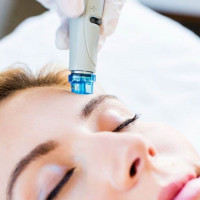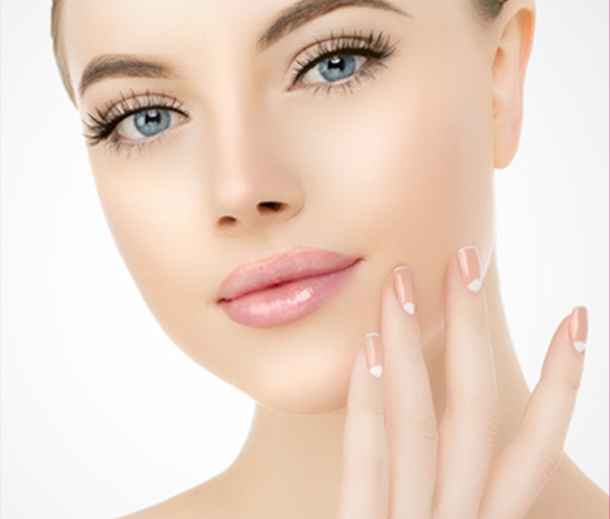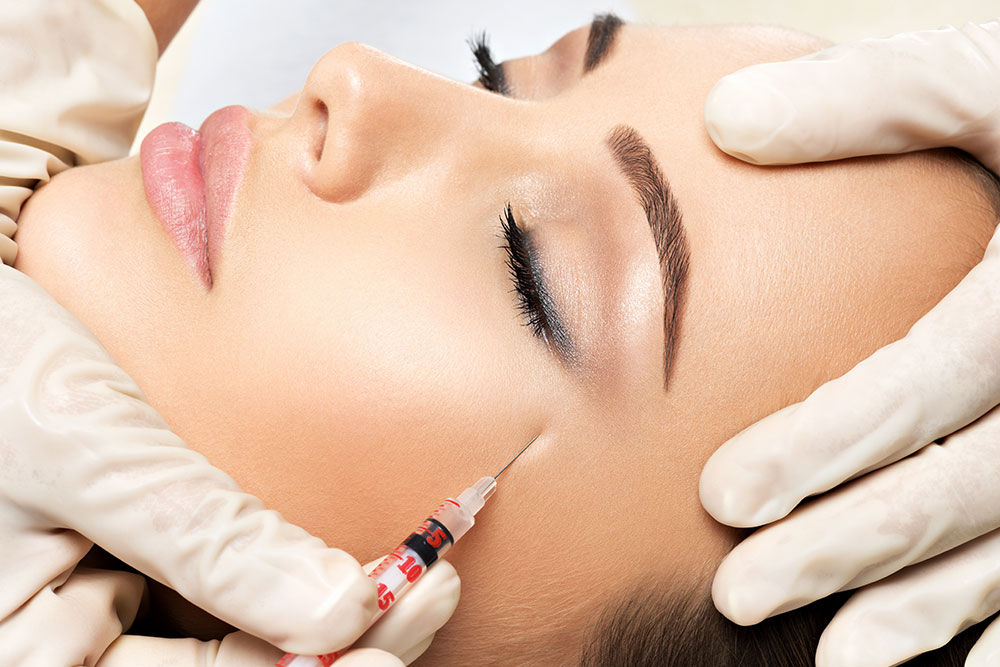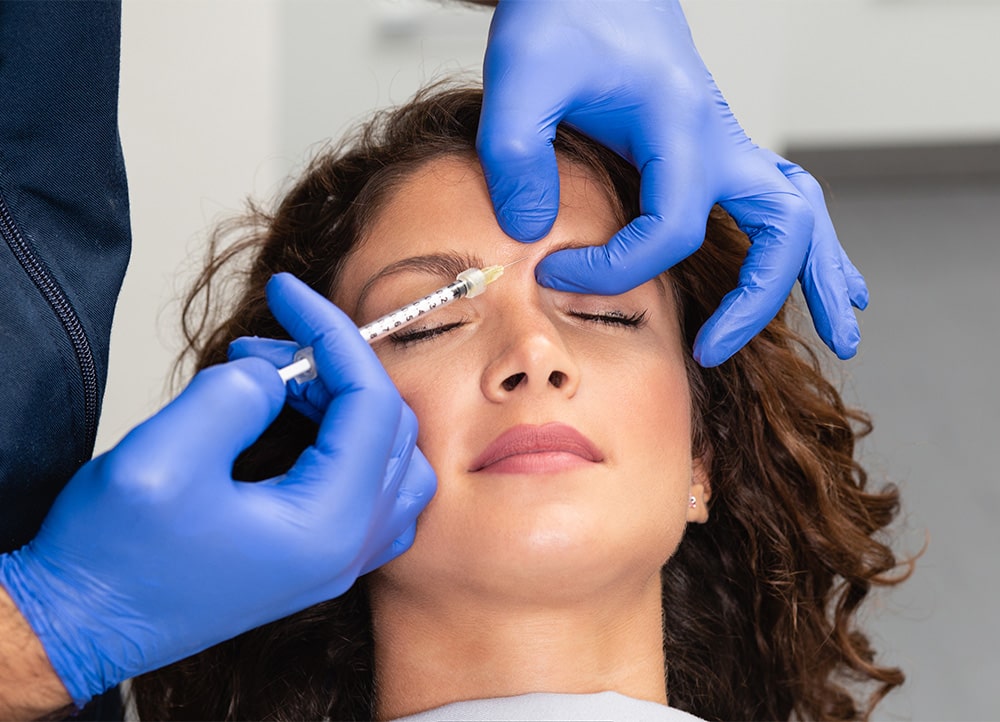How Do Permanent Skin Whitening Treatments Affect Your Skin?

Skin whitening treatments have gained immense popularity in recent years, especially with the rise of beauty standards that emphasize fair skin. While some individuals seek lighter skin for cosmetic reasons, others turn to skin whitening treatments to address issues like hyperpigmentation or uneven skin tone. However, the impact of Permanent Skin Whitening Treatment in Dubai on the skin is not always well understood. In this article, we explore how these treatments affect the skin, both in the short and long term.
Understanding Permanent Skin Whitening Treatments
Permanent skin whitening treatments refer to cosmetic procedures or products designed to lighten the skin over the long term. These treatments work by reducing the production of melanin, the pigment responsible for the color of the skin. Melanin is produced by specialized cells called melanocytes, and it determines an individual's natural skin tone.
There are various methods available for permanent skin whitening, ranging from topical creams and serums to medical procedures like chemical peels, laser treatments, and even surgeries. Some treatments involve the use of strong ingredients such as hydroquinone, corticosteroids, and kojic acid, while others, like lasers, target melanin at a deeper level to break it down.
How Do These Treatments Affect the Skin?
1. Changes in Skin Pigmentation
The primary effect of skin whitening treatments is a noticeable lightening of the skin. While this may seem like a desirable outcome for many, it’s important to recognize that skin whitening is not a natural process. The skin's pigmentation can be altered to a point where it may appear unnaturally pale or uneven if not carefully monitored.
Hydroquinone-based products, for example, inhibit the enzyme tyrosinase, which plays a key role in melanin production. While this leads to lighter skin, it can also cause unwanted side effects such as skin thinning, irritation, and a higher susceptibility to sun damage. Continuous use may also lead to a condition known as ochronosis, where the skin darkens due to prolonged exposure to certain chemicals, creating a paradoxical effect.
2. Skin Sensitivity and Increased Risk of Sun Damage
One of the most significant side effects of permanent skin whitening treatments is an increased sensitivity to sunlight. Melanin is the skin's natural defense against ultraviolet (UV) rays, and reducing its production can leave the skin more vulnerable to sunburn, premature aging, and even skin cancer. People who undergo permanent whitening treatments are often advised to use sunscreen regularly, but the risk of sun damage remains heightened if adequate precautions are not followed.
3. Skin Thinning and Fragility
Chemical treatments that aim to permanently lighten the skin, such as those containing hydroquinone or strong acids, can lead to thinning of the skin. This is particularly true with long-term use. As the skin becomes thinner, it loses its natural barrier against environmental factors like pollution, harsh weather, and bacteria. This can lead to an increased risk of developing infections, rashes, and other skin irritations.
In addition, thinner skin tends to heal more slowly, which means that any cuts, bruises, or burns may take longer to recover. The fragility of the skin increases as its natural defense mechanisms are compromised, making it more prone to damage over time.
4. Potential for Permanent Scarring
While permanent skin whitening treatments are often marketed as safe, there is always the potential for side effects, including permanent scarring. This can occur if the treatment is not administered properly or if the skin reacts negatively to the chemicals or procedures used. For example, laser treatments, while effective, can sometimes cause hyperpigmentation or hypopigmentation if the procedure is not carried out by a trained professional.
In some cases, chemical peels or strong topical treatments can irritate the skin to the point of causing scarring. These scars can be difficult to treat, making the decision to undergo skin whitening treatments a complex one that requires careful consideration.
5. Impact on Skin’s Natural Function
The skin is a highly dynamic organ that performs various essential functions, such as regulating body temperature, protecting internal organs, and providing a barrier against harmful microorganisms. Permanent whitening treatments can interfere with these functions by disrupting the skin's natural processes.
For example, skin whitening procedures that rely on harsh chemicals can lead to a reduction in the skin’s ability to produce oils, resulting in dryness. Over time, this can cause the skin to lose its elasticity, leading to wrinkles and sagging. The skin’s natural pH balance may also be altered, making it more susceptible to conditions like eczema or dermatitis.
Is Permanent Skin Whitening Safe?
The safety of permanent skin whitening treatments largely depends on the method used, the individual’s skin type, and the level of expertise of the practitioner. While some treatments, such as laser therapy, can provide effective results when done correctly, others, like the use of hydroquinone-based products, carry a higher risk of adverse effects, especially when used over prolonged periods.
It is crucial to consult with a dermatologist or a certified skincare professional before undergoing any skin whitening treatment. They can assess your skin’s health, advise on the best options, and guide you in choosing a method that minimizes risks.
Conclusion
Permanent skin whitening treatments have the potential to drastically alter the appearance of the skin by lightening pigmentation. However, these treatments also come with various risks and side effects, including increased sun sensitivity, skin thinning, and potential scarring. To ensure the health and safety of your skin, it is essential to approach these treatments with caution, understand the potential consequences, and consult with a qualified professional before making a decision. Ultimately, embracing your natural skin tone and caring for your skin’s health is the best approach for long-term beauty and well-being.
Note: IndiBlogHub features both user-submitted and editorial content. We do not verify third-party contributions. Read our Disclaimer and Privacy Policyfor details.







